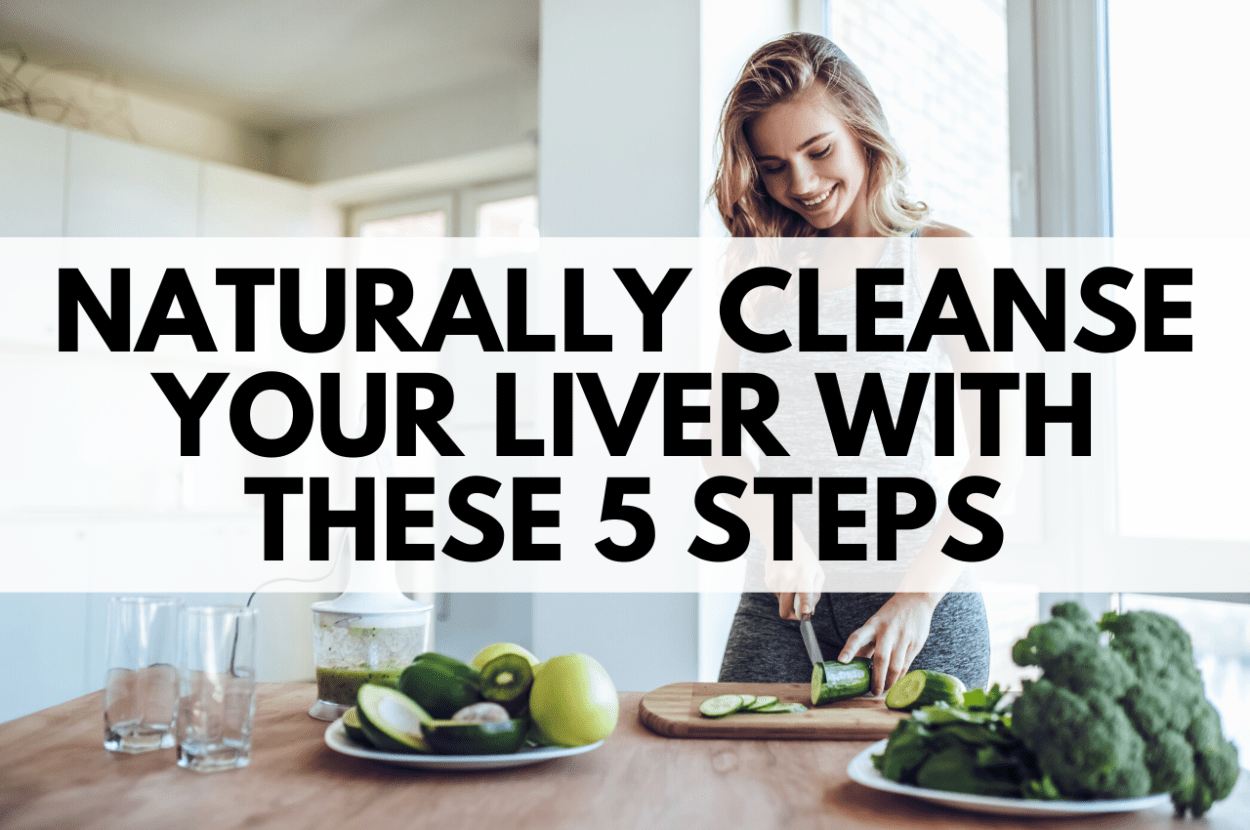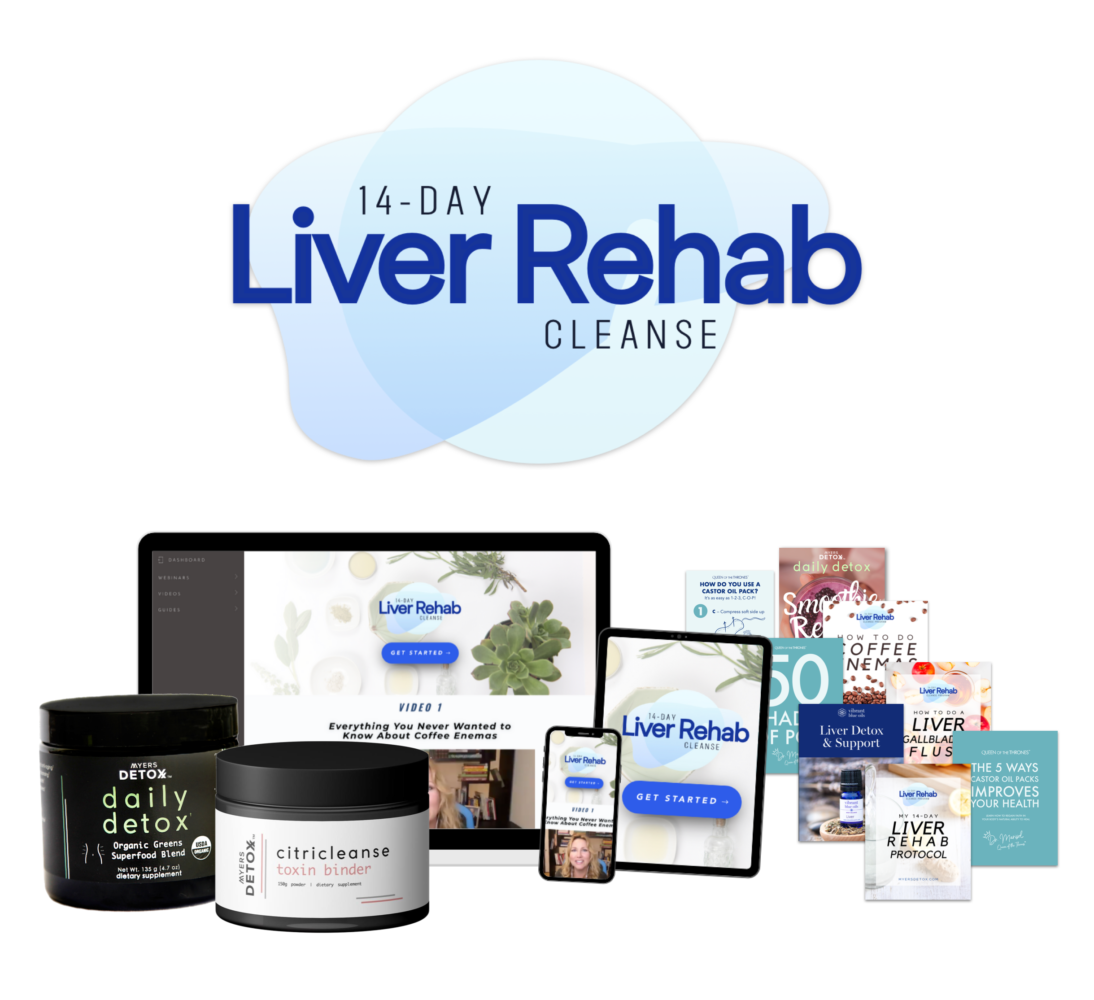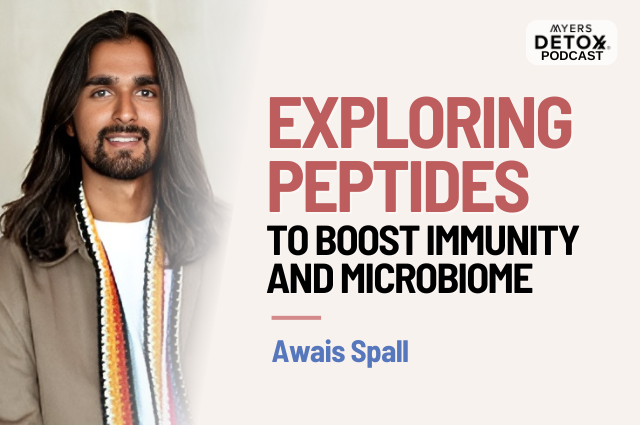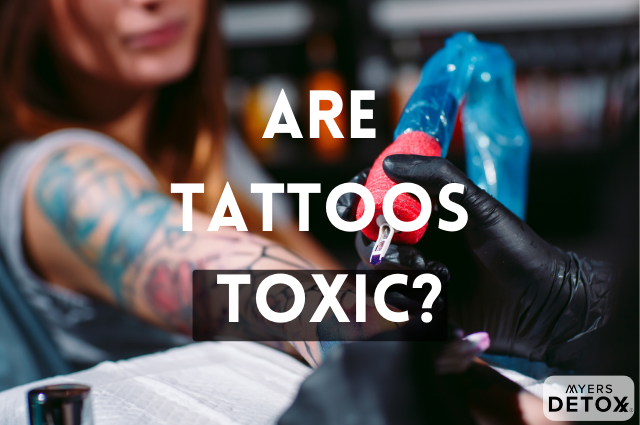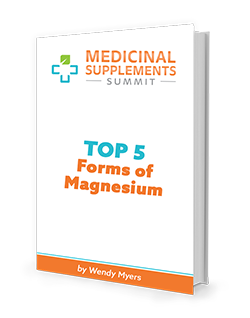Your liver is one of the busiest organs in your body. And in today’s toxic world it is more important than ever to naturally cleanse your liver and to keep it healthy long term.
Sure, your heart has to keep beating all day, and you would be in pretty big trouble if your lungs stopped breathing — but the number of responsibilities on your liver’s to-do list would be enough to send even the most cool-headed person into a panic attack.
With over 500 vital functions, your liver puts the term “overachiever” to shame[1].
What exactly does your liver do for you? Here’s a short list[2]:
- Breaks down nutrients
- Produces bile
- Neutralizes toxins
- Eliminates toxins
- Packages nutrients to be delivered to your tissues
- Produces proteins
- Stores energy (glucose)
- Breaks down old or damaged blood cells
- And much, much more
It’s no surprise then that liver cleansing has become such a popular trend in the health and wellness space. But many people wonder if liver cleansing is actually possible, and what impact you can have on your liver by changing your habits and dietary choices.
Furthermore, popular trends like limiting your nutrient intake to apple cider vinegar, or juice cleanses make liver detox seem like a formidable process. Does it all have to be so difficult?
In short, no, it does not have to be difficult, and yes, liver cleansing is not only possible — but if you want to live a long and healthy life, it’s crucial.
Before we get into the details, let’s take a look at how your liver becomes overtaxed in the first place.
How Your Liver Becomes Overloaded
With such an important job, it’s no wonder your liver becomes overloaded now and then. Toxins can come in all shapes and sizes, and you’re likely taking in unwanted chemicals from places you would never expect.
Here are just a few examples of toxic exposure that your liver has to combat:
- Unwanted chemicals, pesticides, herbicides and heavy metals can be found in our food supply[3].
- Air pollution resulting from industrialization and car emissions[4].
- Toxic pollution of our water supply resulting from runoff into what were once pristine bodies of water[5].
- Some pharmaceutical medications can have a harsh impact on liver health[6].
- Cosmetics like make-up, shampoo and conditioner, facial creams, etc. are loaded with compounds that can penetrate your skin and enter your bloodstream[7].
And truly, that’s just the tip of the iceberg.
Your first step, of course, is to try to limit your exposure to toxins as much as possible by eating organic foods and choosing natural brands. But if you rely solely on the avoidance technique, I’m afraid you’re going to end up playing a game of whack a mole.
That’s where liver cleansing comes in. Your liver is meant to help your body detoxify, that’s what it’s there for. This is excellent news because it means we don’t have to be scared of every potential pollutant in our environment.
But just like a kitchen rag that you would throw through the washing machine every week or so, your liver needs a little help sometimes as well.
Signs You May Need To Cleanse Your Liver
How do you know if you need to cleanse your liver? Frankly, most people do whether they realize it or not. But some symptoms of an overworked liver include:
- Brain fog
- Fatigue
- Sugar cravings
- Hormonal imbalances
- Weight gain
- Skin blemishes
- Stress or anxiety
- Mood swings
- Digestive discomfort (gas, bloating)
Even if you aren’t feeling any of these symptoms, you may still benefit from showing you liver some love. It certainly never hurts, and it may help you get ahead of any future issues.
5 Ways To Naturally Cleanse Your Liver
#1 Consume Liver-Loving Foods
There are two ways that your diet can help support your liver health. The first is what to avoid, and the second is what to add-in.
Choosing organic over conventional foods will take the toxic load of pesticides off the table immediately. And in the case of meat, dairy, and eggs — always look for grass-fed, free-range, as well as antibiotic and hormone-free animal products.
When you clean up your diet by choosing higher-quality foods, you take the burden of unnecessary toxins off your liver.
The second, and equally as crucial step, is to add in foods that are specifically designed to support liver health. Some examples of liver-loving foods are broccoli sprouts, beets, turmeric, parsley, and pomegranates[8][9][10][11][12].
These foods enhance your liver’s detoxification pathways, making it easier for your body to capture and remove unwanted compounds.
I wrote more in-depth about the 10 superfoods that naturally cleanse your liver here.
#2 Drink More Water
Drinking water is a vital part of cleansing your body. Once toxins have been neutralized by your liver, they become water-soluble. This means that they’re able to be carried out of your body in fluids that are typically excreted through your kidneys.
Dehydration can cause a back-up in the waste removal process, and end up clogging your kidneys with toxins[13].
To keep the process of neutralizing and excreting toxins running smoothly, it’s absolutely essential that you stay hydrated. Nothing works as well as pure water to keep your body hydrated, but be sure to drink filtered water to avoid any contaminants.
You can also try adding lemon to your water for extra live detox support. Lemons contain a compound, d-limonene, which supports your detoxification pathways. Therefore, lemon packs an excellent one-two punch, supporting your detox pathways and then escorting those toxins out of your body[19].
#3 Take Targeted Supplements
Along with liver-loving foods, there are certain herbs and supplements that are tailor-made to support your liver health.
Some examples include:
Milk Thistle — Milk thistle contains a compound called silymarin, which activates phase two detoxification in your liver. This helps your body eliminate and remove toxins from your body once and for all[20].
Dandelion — Dandelion is a natural diuretic, helping your body remove wastes through your kidneys via your urine. While anything that helps out your kidneys will indirectly support your liver, research also shows that dandelion may have a direct effect on your liver by protecting it from injury[22].
Beetroot — Beetroot contains compounds called betalains, which have powerful antioxidant and anti-inflammatory activity in your body to help combat some of the stress that comes along with detoxification. What’s more, beets help to regulate the antioxidant glutathione which is a crucial component to your detox pathways[23].
Broccoli Sprouts — Broccoli sprouts are one of the richest sources you can find of the detoxification compound sulforaphane(SFN). SFN not only helps to detox your body, but it also acts as a potent antioxidant and aids in weight loss[21].
One thing to keep in mind when it comes to supplements is quality. There are hundreds of supplement companies out there, but since the FDA doesn’t regulate supplements it’s up to you to choose the best quality brands.
A high-quality liver supplement will contain only ingredients that are supportive to your liver — no fillers. It will also be formulated with researched-backed ingredients.
After years of my own trial and error, I came up with Daily Detox, a supplement that’s packed with research-backed nutrients (the above mentioned ones included) that help support whole-body detoxification.
Taking a daily supplement can be one of the easiest and yet most impactful ways to support your liver. In just ten seconds a day, you can flood your system with liver-loving nutrients.
#4 Intermittent Fasting
Fasting has been around as a healing modality for thousands of years. When you give your body a temporary break from food, it allows your organs to switch into repair mode instead of the constant “process” mode.
One of the major benefits of fasting is something called autophagy. Autophagy is a process by which your body goes through a deep cellular detox, removing old, outdated cells and cell parts to make way for fresh, new cells.
Research shows that this process offers protection against a myriad of diseases such as cancer, diabetes, heart disease, liver disease, and autoimmune disease[14].
Autophagy is especially beneficial for your liver because it improves the inner workings of this crucial organ by “updating” the liver cells and cleaning house[15].
#5 Exercise
Exercise is a fantastic and natural way to kick start detoxification in your body. Caring for your liver and optimizing its function is crucial, but getting the rest of your body on board as well can take the pressure off.
When you exercise, you naturally promote the movement of your lymphatic system. Your lymph helps you flush toxins, and circulates through your body much like your cardiovascular circulatory system. The big difference is — your lymph doesn’t have a heart to pump it around[16].
Therefore, it’s up to you to get your body moving so your lymph can do its thing. Research shows that exercise can increase lymphatic flow up to three times higher than when you’re at rest[17].
Another way that exercise supports liver health is by promoting sweat and respiration. Your skin and lungs are two of your organs of detoxification (along with your liver, digestive tract, and kidneys).
Many toxins are carried to your lungs to be eliminated in respiration, while perspiration allows for the removal of toxins from your body via the skin[18].
If, however, you’re not a big exercise fan, you can still reap the benefits of sweating to remove toxins from your body by visiting a sauna or steam room. Research shows that heavy metals like arsenic, lead, cadmium, and mercury can all be eliminated through your skin during a good sweat session[18].
Liver Cleansing — Simple Solutions For a Healthy Liver
Is cleansing your liver important? Yes. Does it have to be a painful experience? Absolutely not.
With some simple adjustments to your daily routines like drinking more water, eating organic foods, getting regular movement, and taking liver support supplements like Daily Detox, you could take a huge amount of toxic burden off your liver.
If you’re serious about liver cleansing and want to learn the ins and outs with tips and tricks to keep your liver happy for the long haul, I created a 14-Day Liver Rehab Cleanse that will give you all the tools you need for a lifetime of healthy liver function.
This course came out of years of trial and error, working with hundreds of clients to boost liver function. It includes webinars, how-to videos, and a library of liver-rescue resources that will answer all of your questions and then some.
Final Word
Liver cleansing does not have to be painful, and in fact, should be a regular part of your daily life. Small changes add up, and some often-overlooked lifestyle adjustments could be all it takes to get you from feeling fatigued and foggy-headed to healthy and vibrant.
Check out my 14-Day Liver Rehab Cleanse for a step-by-step guide to optimal liver function.


